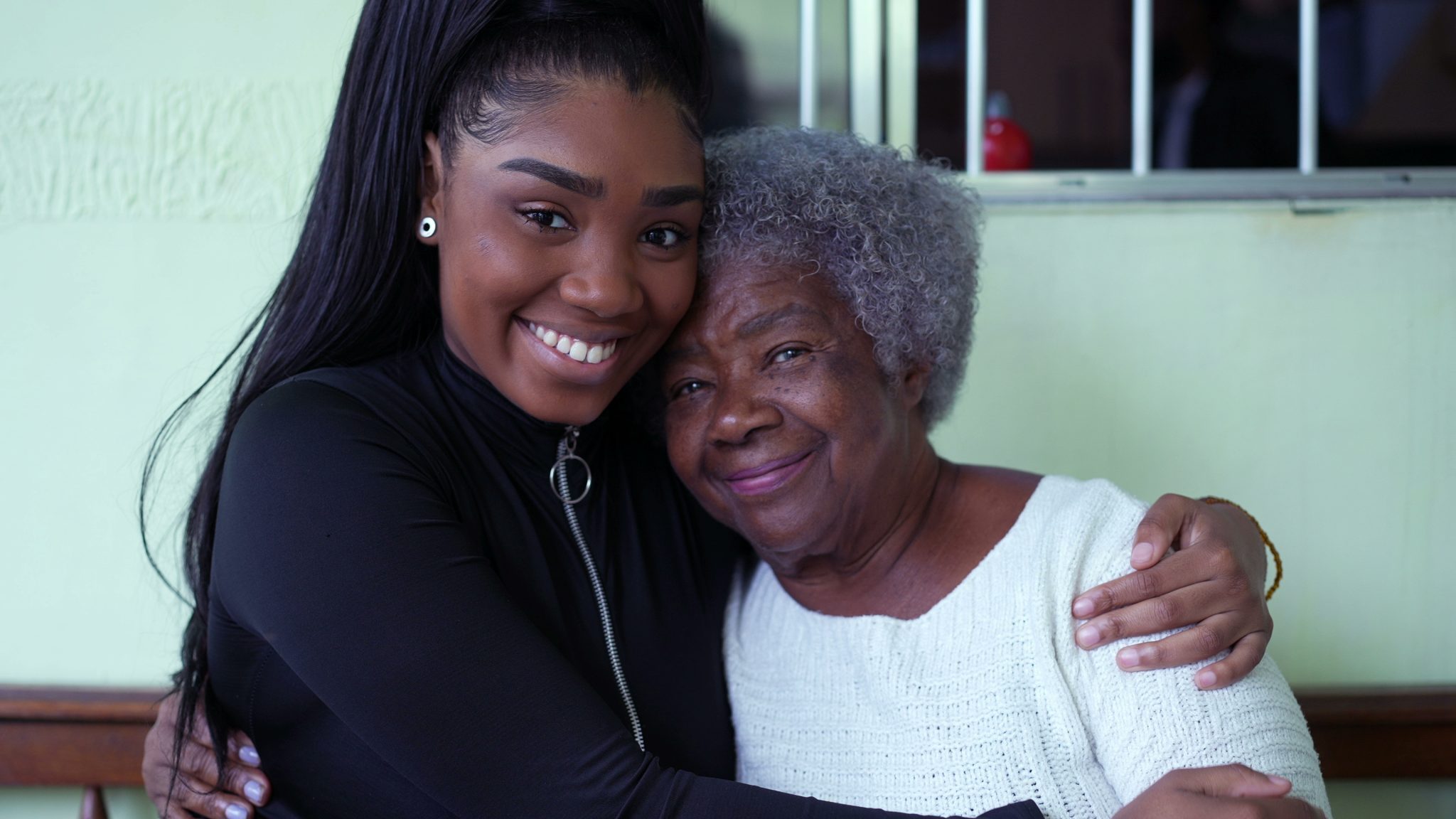The COVID-19 pandemic ushered in challenges most of us never saw coming, affecting nearly every aspect of most people’s lives. Among the most vulnerable groups have been primary carer givers, who have the responsibility of caring for ageing parents or loved ones, while also dealing with isolation and other challenges.
As the pandemic unfolded, primary carers faced increased mental health challenges, grappling with even more stress, isolation, and uncertainty. But support is available. et’s take a closer look at primary carers’ roles and the importance of protecting their mental health.

How did the COVID pandemic affect mental health?
The pandemic wreaked havoc on mental health worldwide, with anxiety, depression, and stress levels soaring. Lockdowns, social distancing measures, and fears of contracting the virus contributed to feelings of isolation and loneliness for many of us. Financial strain, job losses, and uncertainty about the future exacerbated those mental health issues in many cases, leading to a surge in demand for – and then scarcity of – mental health services.
Why have primary carers been especially vulnerable?
Any primary carers reading this know it’s an understatement to say they shoulder significant responsibilities, often balancing caregiving duties with work, family, and other personal commitments. The pandemic magnified these challenges, intensifying feelings of stress and isolation. Many primary carers were forced to navigate the complexities of caregiving in the midst of a public health crisis, grappling with fears of their loved ones contracting the virus, and uncertainty about accessing essential services.
The isolation also blocked some vital support networks and carer respite, depriving primary carers who were even more in need of respite, more than ever and social interaction. The closure of support services and restrictions on visiting loved ones in Aged Care Residences further compounded feelings of loneliness and despair. For primary carers already teetering on the brink of burnout, the pandemic served as a tipping point, amplifying those tough mental health struggles.
And, while many of those restrictions have now been lifted, and services have been reinstated, some of those mental health challenges can linger.

What support is available for the mental health of primary carers?
Recognising the unique challenges faced by primary carers, the Australian Government has implemented various initiatives to support their mental health. Carer Gateway, a national support service, offers a range of resources and assistance tailored to the needs of carers. This includes counselling services, peer support groups, and online forums where carers can connect with others facing similar challenges.
The Carer Allowance and Carer Payment provide financial support to eligible carers, alleviating some of the economic burdens associated with caregiving. Access to respite care services enables carers to take much-needed breaks, allowing them to recharge and prioritise their own wellbeing, which can play a significant part in protecting your mental health.
The Australian Government also offers financial support for all Medicare card holders to access up to 10 appointments with a mental health professional per year via their Mental Health Plan scheme.
How can primary carers take care of their own mental health?
Nobody should suffer in silence, and carers are especially prone to putting their own health and wellbeing on the backburner while they prioritise others. But not only is taking care of your own health and wellbeing important for the longevity of your caring role, it’s also important for your own enjoyment of life.
Some things you can do as a carer to take care of your own mental health are:
- Set boundaries: Establish boundaries around caregiving responsibilities to prevent burnout. Delegate tasks to others, where possible, and communicate your needs to family members and support networks.
- Practise self-compassion: Be kind to yourself and acknowledge the challenges you face. Practise self-compassion by treating yourself with the same understanding and empathy you would offer to others.
- Prioritise self-care: Make time for activities that bring you joy and relaxation, whether it’s reading, exercising, or enjoying a hobby. Prioritise self-care to recharge and maintain your long-term resilience.
- Seek support: Don’t hesitate to reach out for support when needed. Whether through friends, family, support groups, or professional services, seeking help is a sign of strength, not weakness.
- Consider Respite Care: Taking a break – either occasionally or on a regular basis – can help you to get on top of your own priorities and to recharge your batteries. Many Aged Care Residences, including TriCare, offer Respite Care services and welcome you to book a tour before you make any decisions.

What other support is out there?
In addition to the government-funded services listed above, there are other support options provided by non-profit organisations, community groups, and mental health professionals available to help. Carer support groups offer a safe space for carers to share their experiences, seek advice, and receive emotional support from peers who understand their journey.
Mental health helplines, such as Lifeline and Beyond Blue, provide confidential support and counselling to individuals experiencing distress or mental health issues. Telehealth services have also become increasingly accessible, allowing carers to access mental health support from the comfort of their homes.
Other more specific programs are also available, depending on your circumstances, such as Dementia Australia’s Dementia Support Australia program, which offers counselling, education, and practical strategies to assist carers in managing the unique challenges associated with dementia care. Talk to your doctor or google support groups and services that can help.






